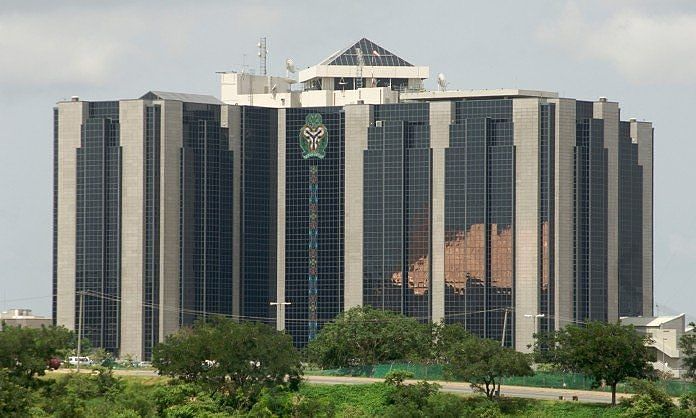Lawmakers and officials from the Nigeria Deposit Insurance Corporation (NDIC) on Saturday gathered in Abuja for a retreat aimed at strengthening the legislative framework for deposit insurance and ensuring the continued stability of the Nigerian banking system.
The retreat, themed “Deepening Deposit Insurance Knowledge for Effective Legislative Functions,” focused on exposing lawmakers to the NDIC laws and regulations, identifying potential obstacles to their implementation, and brainstorming solutions with NDIC management.
At the retreat, NDIC said it is partnering with the Central Bank of Nigeria (CBN) to proactively address potential risks within the banking system.
The Managing Director, NDIC, Mr Bello Hassan, said this at a stakeholders’ retreat organised by the corporation for the Senate Committee on Banking, Insurance, and other Financial Institutions, on Saturday in Lagos.
Hassan said that addressing such risks would be through collaboration and enhanced supervision, aiming to maintain a safe and sound banking system in Nigeria.
He said that due to current economic challenges, both agencies had intensified their monitoring efforts.
Hassan said, “NDIC is collaborating with the Central Bank to supervise these banks and there are a lot of measures that are being put in place to ensure that we heighten our surveillance during this period, to ensure that the quality of the risk assets remain very robust.
“As we speak, the non-performing loan ratio is below the maximum threshold set by CBN and we want to ensure that we stay within that limit.
“So, various measures are being put in place to heighten supervision, to make sure that we don’t run into a situation whereby the quality of assets will deteriorate within the banking system and to ensure that the banks continue to remain safe and sound.’’
Mr Mukhial Abiru, Chairman, Senate Committee on Banking, Insurance and other Financial Institutions, said that the Nigerian banking sector had exhibited resilience despite facing economic difficulties.
He said, “The banks in Nigeria are very resilient, even in spite of all of the headwinds that we see in the global stage and even in the national stage.
“We are very mindful locally here as there has been serious depreciation in the value of our currency. And of course, you know, that has an impact on the balance sheet of the banks as some of them would have grown without the kind of depreciation we have seen.
“To that extent, the role of the NDIC is very important. Yes, we know that the bank’s ratios are very good today, their liquidity ratio is very good and our understanding is that the average is about 41 per cent when the required minimum is about 30 per cent.
“Their capital adequacy, too, is very strong. We have also heard that the CBN is about to recapitalise the banks.
“So, it also means that we as legislators, we must understand even the role the regulators are playing and that is one of the essence of why we are here and you can see the turnout of members of the Senate Committee on Banking Insurance and other financial institutions.
“It also shows our own eagerness to deepen our understanding.’’
Abiru expressed support for the apex bank’s recent policies for stabilising the exchange rate, while emphasising the critical need to combat inflation for long-term economic stability.
He said, “If you also follow what has been happening, particularly from the end of the CBN, we have seen a lot of rafts of circulars that have come into play. I am sure you are mindful of the limit they have brought to the net open position of the bank.
“The fact that they have also done validation of most of the outstanding obligations that people refer to as forward and of course, you can see in the last couple of days, that some gains, some strengthening of the Naira, and my sense is that you should give them a bit of time.’’
The senate committee chairman noted that the CBN policies showed some initial success, leading to a slight strengthening of the Naira.
“Also, most of the policy decisions that we are beginning to see, we believe, hopefully, will help us moderate the depreciating value of the currency.
“But, I must also mention that what is most critical that we expect is for them to focus on how they would tame or moderate inflation because once you moderate inflation, I’m sure the other component, the other price indices whether interest rate or exchange rate will moderate along.
“So, it is very critical that we focus our attention on the inflation index in the country,’’ he said.
NAN reports that the retreat is aimed at exposing the lawmakers to the NDIC laws, with a view to identifying impediments to the implementation of its mandate as well as brainstorming with the management of the corporation on the way forward. (NAN)
We’ve got the edge. Get real-time reports, breaking scoops, and exclusive angles delivered straight to your phone. Don’t settle for stale news. Join LEADERSHIP NEWS on WhatsApp for 24/7 updates →
Join Our WhatsApp Channel










